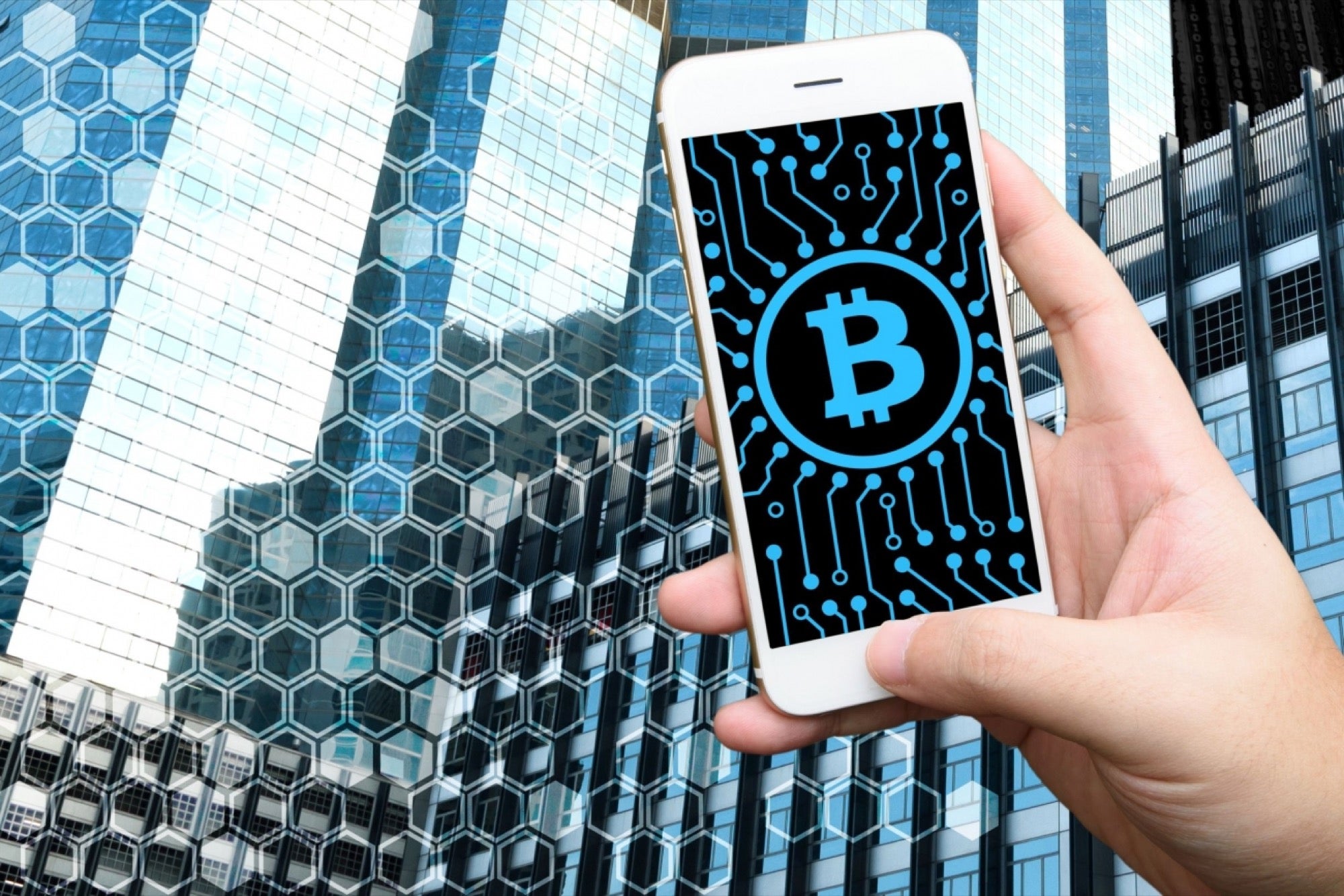#3 Reasons why Blockchain is the Most Transparent Way of Trading in Cryptocurrency Industry The biggest innovation is predicated on trust – and that's Blockchain
Opinions expressed by Entrepreneur contributors are their own.
You're reading Entrepreneur India, an international franchise of Entrepreneur Media.

Simply put: Blockchain enables you to have peer-to-peer transaction via a trusted protocol. This protocol is the foundation of a growing number of globally distributed ledgers called blockchains -- of which the Bitcoin blockchain is the largest.
Through structured and recorded information, one can send money without using bank as an intermediary. Today, digital currency is not just Bitcoin - it's the way we transact in an internet information age. And so, it's embedded into our social lives while technology makes it a trust-enabler for an economy to operate in a transparent way.
That said here are three pivotal reasons why blockchain is becoming the most transparent way for gaining trust in cryptocurrency.
Distributed Network
Blockchain operates as a public ledger of transaction - be it assets, digital goods, gold, counterfeit-proof paper, cigarettes, tins of anchovies, giant stone head or currencies - that don't need a centralized authority to transfer value where it belongs. It is decentralized and distributed - works like a wide network - where currencies are traded based on an important barometer: trust. This has implications for a wide of business segments - especially banks that control the flow of money and serve the unbanked customers. Think fintech - it is already revolutionizing the way banks and fintech companies work together to solve some of the most pressing financial/ loan problems for customers. As can be applied to other categories such as entrepreneurs, retail, political/ government fraternity, among others.
No Duplication; Plus Ownership
Turning the bits of crypto currencies into a streamlined non-duplicable protocol is encouraging economies to trust in using digital currencies. It has the potential for unleashing countless applications - especially in the shared economy/ multi platform context. (Uber, Airbnb are already disrupting the startup ecosystem with adoption of such technologies: they generate value within their own platforms.)
Encrypted
With each block encrypted -- verified, cleared, and stored -- it accompanies the preceding block, thereby creating a chain. Blockchain uses heavy-duty encryption involving public and private keys-like the two-key system to access a safety deposit box-to maintains virtual security. And so, you don't need to worry how asset management firms like JP Morgan chase transfer assets through blockchain or fret about the weak firewalls of target or home depot. Blockchain creates a seamless network consensus when at every block - helping you to assess every transaction as a part of it (every 10 minutes).
Blockchain not only keeps a record of digital currencies, but also enables the economy in large to glean real-time information across industries/ business segments to operate in a digital, data-driven world with agility. So whether it is protecting our environment, to managing our health, transferring important data -- blockchain is all about protecting the very foundation of a peer-to-peer society, fostering transparency across all levers - economic, social, financial, and even political.










